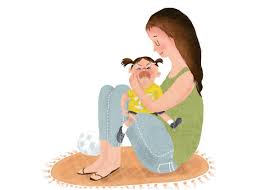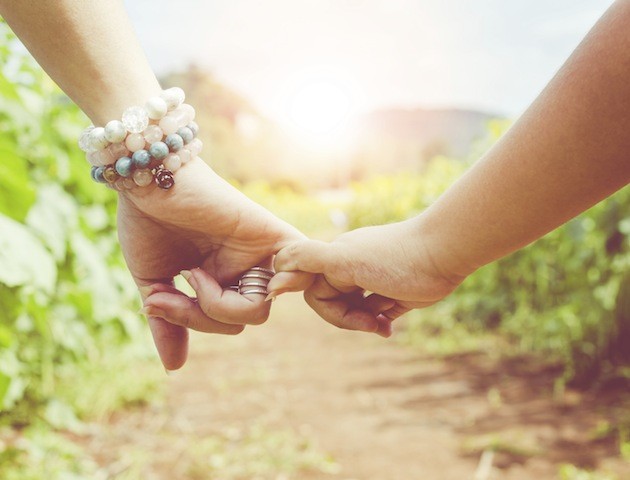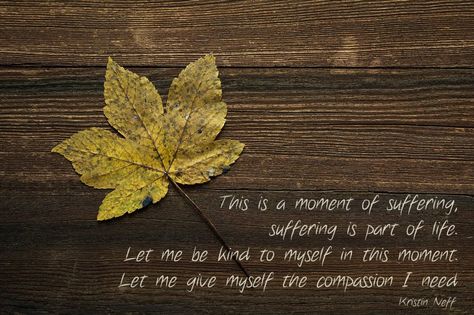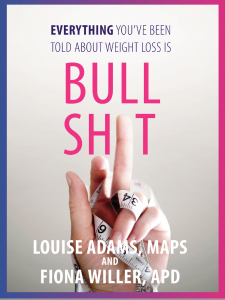It’s official: 2020 is just a shit show. The COVID-19 virus is wreaking global havoc, things are moving quickly, and there’s a real sense of uncertainty in the air. Everyone is understandably frightened, anxious, and looking for ways to cope with these very strange times. The psychological impact is significant, but there’s a LOT we can do to help look after ourselves.
I’ve made good use of sleepless nights to put together a 6-step Pandemic-Panic Psychological First Aid kit for you. It’s easy to forget our psychological well-being when we’re busy just trying to get through each day, but a little attention and self-care can make a huge difference, and YOU are a precious resource! These tips draw on the awesome power of self-compassion, a skill I am very much drawing on myself. I hope these ideas help steer you safely through whatever lies ahead:
- Notice How You’re Going:
A significant sense of food insecurity is impacting societies around the world and leading people to panic buy and strip supermarket shelves. Such extreme behaviour is of course very frightening to witness, and spectacles such as people attacking each other over toilet paper can increase herd mentality, where a sense of not having enough to eat spreads, leading to yet more panic buying. Governments are reassuring us that there is enough food to go around, but it’s difficult to believe this when the shelves are bare.

Notice if you’re feeling extra anxious about not having enough to eat, remind yourself that there is enough food to go around, that governments will not let people starve, that you are resourceful, and a good problem solver. Focus on what you can do now to increase your personal sense of food safety. This might mean planning regular meals, prepping and freezing ahead, writing a list of the foods you’d like to have stored in your house, or sharing and swapping foods and other grocery items with friends and family. It might also mean buying food online, or going to the shops at different times, in order to reduce your exposure to the panic.
After noticing how you’re feeling, practice labeling and accepting the emotion as a valid and understandable response to a difficult time.
“I am feeling very anxious about not having enough food to feed my kids, and that is totally ok – this is a very weird situation, and the news isn’t helping!”
Validating our emotions is extremely important – this simple act can actually help to reduce the intensity of the emotion, soothing our brain’s stress response, and allowing it to pass by more quickly.
2. Comfort Yourself
After noticing, labelling, and accepting your feelings as valid and understandable, consider how you can look after them. This might seem odd, but emotional self-care is extremely powerful. Ask yourself this question – “What do I need right now, in this moment?” You might find that you need to stop reading the news, or that you need to call a friend. Or, you might need to eat cookies, and that is ok! At this point you are tuning in to your own pain, and practising becoming non-judgmentally open to looking after it.
Painful emotions require soothing. When a child is upset – crying, distressed – we don’t leap into problem solving mode! We pause, and we offer comfort. This is a powerful human response, and often we see that simple practices, such as offering a hug, or soothing touches, will calm down the child. Why is this?

When we’re in emotional pain, our brains release stress hormones such as adrenaline and cortisol. These hormones are like red flags, which are telling our bodies “You are not safe”. When we offer soothing touches – such as hugs, pats, or other calming gestures – we encourage our bodies to release oxytocin, a hormone which tells the body “you are safe now”. Oxytocin stops the stress response, and calms us down.
There are several ways you can encourage the release of oxytocin in your body. A full body hug with a partner can release oxytocin. But if social distancing or being single means that you’ve got no-one to hug, you can also soothe yourself through touch. One way is to place your open hand in the middle of your chest area, skin on skin. Close your eyes and really feel the sensation of your hand on your skin. If you notice a sensation of warmth, this indicates an oxytocin release. Another way to encourage oxytocin release in your body is to locate the bump at the middle of the bottom of the back of your neck, and then locate the spinal cord arising from that bump which travels up to the brain stem. Using two fingers on either side of the spinal cord, and starting from the bump, gently stroke in an upwards motion until you hit the hairline, and then stroke upwards from the bump once again. If you feel a sensation of warmth or relaxation, this is an oxytocin release happening. A head or face massage can also release oxytocin. The idea here is to locate the places on your body which give you a sense of release and relaxation – everyone is different!

3. Practice Self-Kindness
Self-compassion is all about turning towards yourself when you’re in a difficult time, and being your own best friend. Once you’ve noticed, labeled, and done your best to soothe your painful emotions, cultivate the habit of deliberate kindness towards yourself. Ask yourself,
“what would I say to a dear friend or someone I truly loved, who was feeling like this?”
It’s often very interesting how kind we are to others, and how much less kind we’re being to ourselves! Being kind and caring towards ourselves in a crisis builds resilience, strength, and a sense of not being alone.
A practice I love to do when I am feeling overwhelmed by all of this is to pause, pop my hand on my heart, and do a quick breathing practice – on the “in” breath, I mentally say “breathing kindness in”, and on the out breath I say “breathing kindness out”. I also quite like saying to myself “We’ve got this!”

4. Connect With Humanity
With all of this talk about social isolation and quarantine, it’s important to remember the self-compassion notion of common humanity. This means understanding that whatever you’re going through right now, it is part of the human experience. You are not the first human to feel like this, to go through this, there are many experiencing the same suffering. This fact is absolutely apparent right now: all over the world, people are experiencing this strange new reality. A sense of shared humanity means that although this situation is difficult, it is allowed to happen. Even though it’s not anywhere near fun, it is part of being human.
Over the past weeks, I have reflected on what life must have been like during the 2018 Spanish Flu epidemic. On how people must have felt during 2 terrifying World Wars, through countless times of famine and conscription and uncertainty. On how very human it is to feel vulnerable, afraid, even panicked. And I try to remember that this, too will pass. Like a multitude of incredibly difficult times the human race has faced, we will get through this, and we will go on. I love this mantra from self-compassion researcher Kristen Neff:

This simple phrase reflects all of the elements of self-compassion – mindful and open awareness of suffering, a kind response, and an acknowledgement that life is not without periods of pain.
5. Hope
None of us wanted this terrible virus to happen, and no-one knows exactly how it will play out. But it is possible for us to deliberately develop a sense of hope, optimism, and connection in the days, weeks, perhaps months ahead. Cultivate joy in simple acts – watch a sunrise, enjoy a hot cup of tea, pat your pets. Slow down. Use any periods of isolation or home quarantine to develop a new interest or hobby (I am planning topiary, and the Fitness Marshall’s hilarious dance routines). For inspiration, watch these incredible Italians sing their way through a lockdown. Stay connected to your friends, families, and communities – call people on the phone, or try Skype or other online meeting platforms to keep being social. Find something to make you laugh – an old movie, or a comedy series, or a great book. Laughter is truly healing.

Remember that all things have meaning, and difficult times are no exception. Let this experience deepen our sense of connected humanity, look for examples of optimism, kindness, openness, and hope, and see if you can extend this to others. Sharing hope, kindness, and funny cat videos on social media will help break through the mountains of negativity and fear which are currently saturating our feeds.
Put up some boundaries with the news feeds and news sources you’re exposed to – only check the news when you feel ready to take in the information, and make sure you refrain from checking it too often. The sources are important as well – pick a credible news site, and stick with that! There’s a lot of ‘fake news’ going around, stirring up hysteria, and that’s the last thing we need right now!
6. Ask For Help
Particularly for those with a history of eating disorders and disordered eating, this is an immensely triggering time. It is absolutely ok and normal if you are noticing more urges to binge eat, to comfort eat. Deprivation, and even the anticipation of deprivation, leads to binge behaviour, this is a psychological fact.
Allow this to be, and do your best to feed yourself regularly – don’t skip meals or try to ‘compensate’ for binges by depriving yourself. If your eating disorder symptoms, such as restrictive practices or purging are returning or getting worse, please check in with a therapist – many of us are offering online consultations!
Getting psychological help and mental health support is important, and that includes those of us who are health professionals and mental health professionals. Supervision is an important part of psychological self-care, so health professionals, please, check in with your supervisor – you don’t need to weather this time alone. The mental load of all of this is enormous. And if you don’t have a supervisor, get one! I offer supervision to all kinds of health professionals, and HAES Australia lists many wonderful health professionals who provide online consultations and supervision as well.
I hope these 6 steps will help. Remember, you are AWESOME and worth taking care of! I am here for you, cheering for you, always. Thanks for reading my newsletters, look after yourself, wash your hands, and know that you’re not alone!
Sending hygienic virtual hugs,
Louise x


